





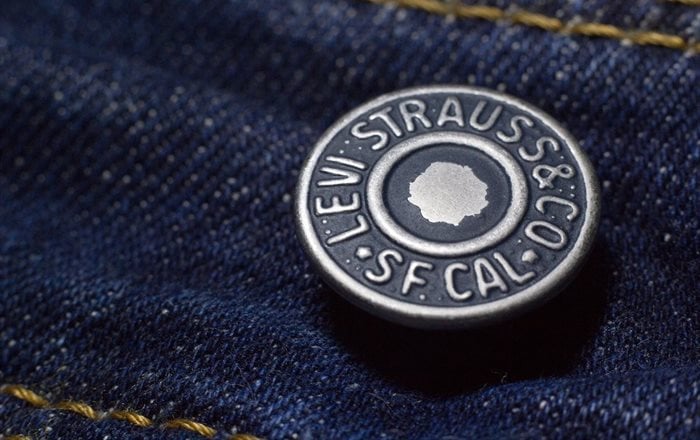
Iconic denim brand Levi Strauss & Co. is working hard to cut its water footprint, and in 2020 Levi's announced its 2025 Water Action Strategy which focuses the company’s efforts on saving water where it’s needed most and supporting the resilience of the watersheds and communities where the company operates.
Some of the greatest strides in this area have been made by the company on South African soil at the Levi’s factory in Epping, Cape Town.
The Epping plant produces Levi’s signature five-pocket jeans, for distribution across sub-Saharan Africa. Currently, 95% of these jeans sold in South Africa are made locally at this factory, with a view to expanding this to 100% in the coming years.
Despite the water-intensive nature of the denim wear business, it’s encouraging to know that the Epping factory doesn’t make use of potable water at all in its manufacturing process, and relies solely on black and grey water.
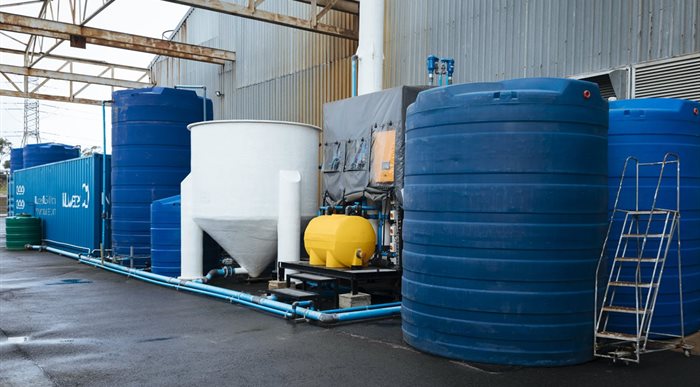
The Cape Town water crisis served as a wake-up call to many local businesses that rely heavily on water in their operations. For Levi’s, the crisis guided its sustainability endeavours and led to the development of the innovative Reuse Water Programme, in partnership with the City of Cape Town.
The ambitious plan was created to future-proof the Levi’s Epping factory, even in drought conditions. It aimed to build a state-of-the-art water treatment plant at the facility which would, as a phase one emergency measure, tap into groundwater. As a second phase, the plan included partnership with the City of Cape Town to use the sustainable resource of treated effluent water from the city’s effluence treatment plan.
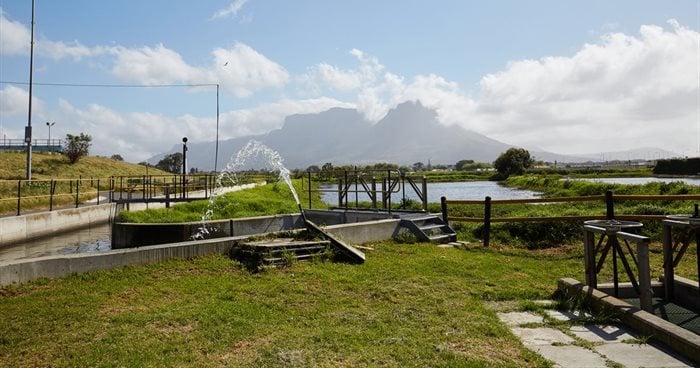
A pipeline from the city's Athlone Wastewater Treatment Works was extended by two kilometres to provide the Levi’s factory with treated effluent water. With the factory’s own water treatment plant set up on site, the factory can send the used water back out to the Athlone plant, essentially creating a closed-loop system.
The project was completed after overcoming a number of structural and landscape-related obstacles, and today the Epping facility is using the treated effluent water for the washing of denim jeans in the factory laundry. When the reused water is supplied to the plant, the facility is effectively off-the-grid for the washing of denim garments.
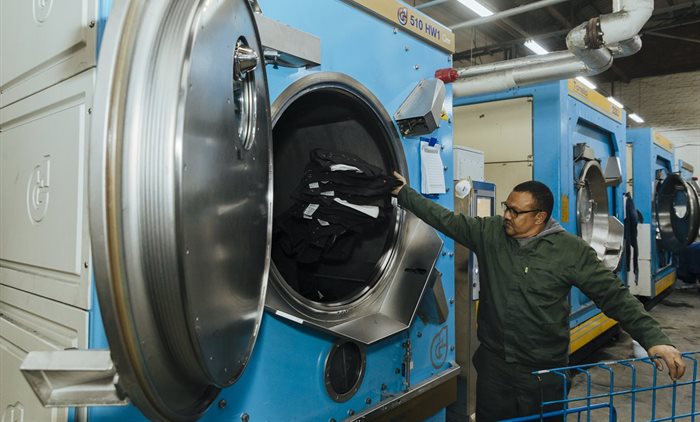
“The partnership between Levi’s and the City of Cape Town is an example of what can be achieved when a common sustainable goal is agreed upon, which has helped to future-proof the water supply of the Levi’s facility even in drought conditions,” says Peter Waddington, water sustainability project lead at Levi’s.
“The Reuse Water Project has also shaped the entire Water Action Strategy of Levi Strauss & Co. globally, with the implementation of the Water>less 2.0 strategy, which includes a 50% reduction of water usage, in litres per garment, in high water-stressed areas in the world by 2025, in all owned and operated facilities as well as vendors around the world.”
Globally, Levi’s has also introduced at least 20 waterless finishing techniques that can save up to 96% of the water used in apparel’s finishing processes. The company reports having saved at least 3 billion litres and recycled more than 1.5 billion litres of water through the waterless innovations.
One of the finishing techniques used at the Epping plant includes laser finishing to produce patterns like lines and fading on jeans (see image below). Previously, these finishing techniques were done by hand, were water-intensive and could take up to 15 minutes to complete per garment. Now, it’s executed using lasers through computer-managed processes, and takes just 24 seconds.
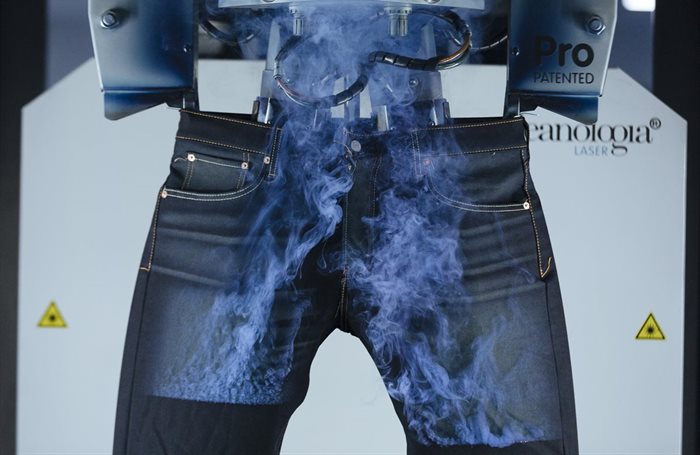
Levi’s states that its Epping facility will continue to implement the measurement of water usage litres per garment to determine if certain products will become classified waterless and have a ‘Water>less’ label. Ultimately, 100% of the product produced at the Epping facility will become Water>less as a result of the Reuse Water Programme.
According to Levi’s, sustainable water management should be a best practice across the entire apparel value chain, from cotton fields to manufacturing and consumer care, and holds itself accountable for its own water facilities and the water usage of its suppliers.
Beyond water consumption, the Epping factory also boasts zero-waste to landfill credentials and is now on the path towards green energy efficiency.
On the consumer front, the brand has aimed to drive awareness around the importance of clean drinking water, while its 'Buy Better, Wear Longer' campaign has encouraged people to be more mindful about their apparel choices and the life cycle thereof in a bid to address the growing problem of fashion overconsumption.
Overall, Levi’s is proving itself to be a brand that’s making meaningful and measurable changes in its goal to help shape a more sustainable fashion industry.
